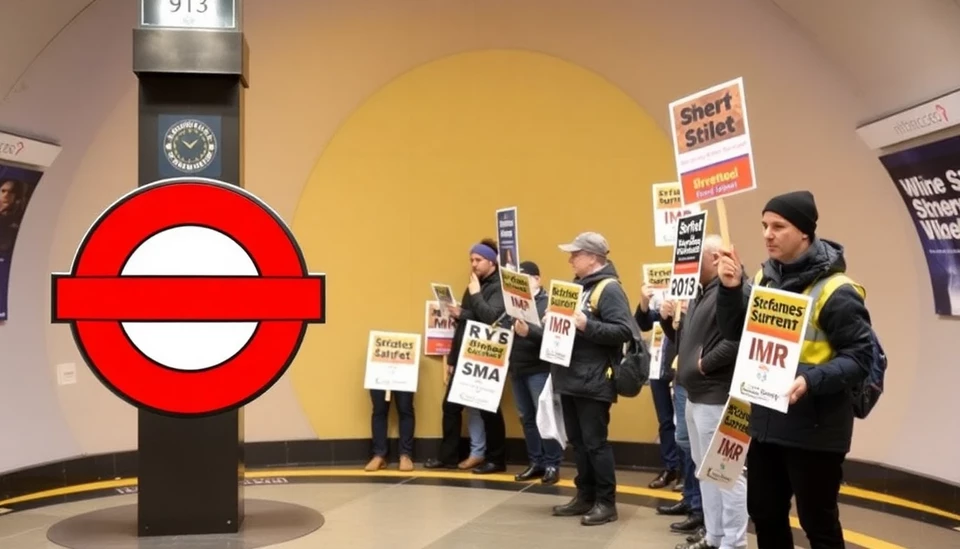
In an unexpected development, the National Union of Rail, Maritime and Transport Workers (RMT) has suspended its planned strikes involving London Underground workers. This decision comes as a significant relief for commuters and transport services in the capital, who were bracing for disruptions in the busy months ahead.
Initially, the RMT had scheduled a series of strikes to protest the ongoing disputes over pay and working conditions. Union members had expressed deep concerns regarding the financial pressures they faced in light of rising living costs. The proposed industrial action was set to impact thousands of Londoners who rely on the Underground for their daily commutes.
However, RMT leadership has announced that negotiations with Transport for London (TfL) have reached a critical juncture. The union cited “substantive progress” in discussions concerning the demands made by its members. This progress has led to the temporary suspension of the strike plans, offering a glimmer of hope for a resolution that may avoid further escalation.
Union General Secretary Mick Lynch stated, “The decision to suspend this planned action reflects the union’s commitment to constructive dialogue. We are hopeful that through ongoing negotiations, we can reach a satisfactory agreement that addresses the concerns of our members.”
The RMT's shift in strategy appears to be a calculated move aimed at fostering a more cooperative atmosphere with TfL. The transport authority has been under significant pressure from both the union and the public, as the Underground plays a vital role in sustaining London’s economy and ensuring mobility across the city.
In response to the union's announcement, TfL expressed its willingness to continue negotiations and work towards a fair resolution. A spokesperson emphasized the importance of dialogue and collaboration in navigating the complex issues relating to workforce satisfaction and operational effectiveness.
As this story develops, both commuters and stakeholders across London are eagerly awaiting the outcomes of these negotiations, hoping for a solution that will not only prevent future industrial actions but also enhance the working conditions for all transport staff.
The recent escalation of tensions between the RMT and TfL underscored the challenges faced by essential services amid rising costs and economic strain. The decision to suspend the strikes is a significant step towards normalizing operations within London's transport system and restoring confidence among the public.
In conclusion, while the future of the London Underground labor negotiations remains uncertain, the halt of planned strikes offers an essential reprieve for commuters and suggests that constructive engagement between the union and TfL could lead to a more favorable outcome for all involved.
#RMT #LondonUnderground #PublicTransport #StrikeSuspended #MickLynch #TfL #TransportForLondon
Author: Victoria Adams




